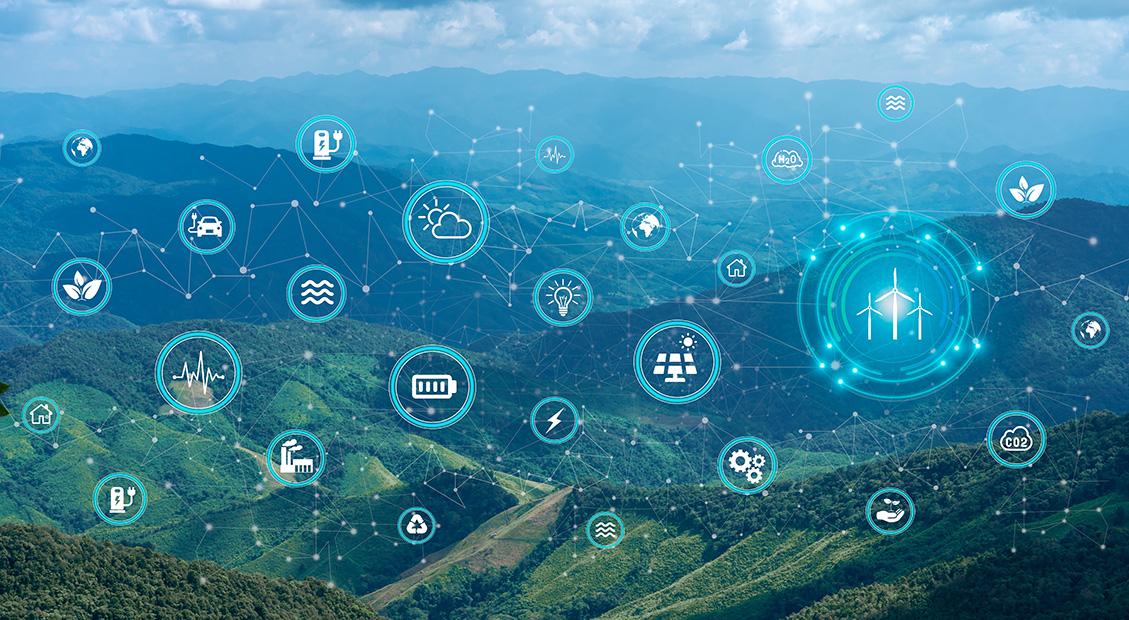According to TechSci Research report, “Climate Resilient Technologies Market - Global Industry Size, Share, Trends, Opportunity, and Forecast 2019-2029” The global Climate Resilient Technologies Market has valued at USD 128.02 Billion in 2023 and is anticipated to project robust growth in the forecast period with a CAGR of 18.04% through 2029.
Explore in-depth insights and future market outlook. Download Now: https://www.techsciresearch.com/sample-report.aspx?cid=23615
The rise in climate-related risks, such as more frequent and severe hurricanes, floods, wildfires, and droughts, has underscored the urgent need for resilient technologies. Governments, businesses, and communities are increasingly recognizing the necessity to adapt to shifting climate conditions and invest in technologies capable of withstanding and mitigating the impacts of extreme events. Globally, governments are implementing policies and regulations aimed at addressing climate change and promoting the adoption of resilient technologies. These initiatives create an enabling environment for the development and deployment of climate-resilient solutions, encouraging businesses to prioritize innovation and sustainable practices.
Heightened awareness among consumers and corporations about the environmental impact of business activities has prompted a significant shift in corporate responsibility. Companies are actively seeking climate-resilient technologies to reduce their carbon footprint, enhance supply chain resilience, and meet the expectations of environmentally conscious consumers.
Continuous advancements in technology, particularly in fields such as artificial intelligence, renewable energy, and materials science, are driving the evolution of innovative climate-resilient solutions. Research institutions, governments, and private enterprises are heavily investing in research and development to unlock new technologies that can better withstand and adapt to changing climate conditions.
Addressing climate change necessitates a collaborative global effort. Governments, businesses, and non-profit organizations are forming partnerships to share knowledge, resources, and technology in order to develop more effective and widespread climate-resilient solutions. These collaborations accelerate innovation and foster a collective approach towards building a resilient future.
The integration of renewable energy sources like solar and wind, along with the advancement of microgrid technologies, enhances energy resilience by providing decentralized and sustainable power solutions. These technologies ensure that communities and critical infrastructure can remain operational during power outages caused by extreme weather events.
In agriculture, climate-resilient technologies leverage data analytics, sensors, and automation to optimize farming practices through precision farming. This approach enables better crop management, water conservation, and adaptation to changing climate conditions, thereby ensuring food security in the face of climate-related challenges.
Advanced water management technologies, including smart irrigation systems, water purification methods, and flood control mechanisms, are crucial for building resilience against water-related challenges. These technologies assist communities in adapting to water scarcity, flooding, and other climate-induced water disruptions.
The development of infrastructure that can withstand extreme weather events is essential for enhancing climate resilience. Innovations in construction materials, design principles, and engineering techniques contribute to the creation of buildings, roads, and other infrastructure that can endure the impacts of climate change.
Utilizing predictive analytics and early warning systems enables timely responses to impending climate-related disasters, from hurricanes to wildfires. These technologies provide critical data for emergency preparedness, enabling authorities and communities to evacuate and mitigate potential damages more effectively.
The global market for climate-resilient technologies is driven by a convergence of factors, including heightened awareness of climate risks, supportive policies, technological advancements, and collaborative efforts. Innovations across renewable energy, smart agriculture, water management, infrastructure, and predictive analytics are reshaping industries and communities alike, fostering a more resilient and sustainable future. As the world continues to confront the challenges posed by climate change, ongoing development and adoption of these technologies will play a crucial role in building a more climate-resilient and environmentally sustainable world.
Browse over XX market data Figures spread through XX Pages and an in-depth TOC on the "Global Climate Resilient Technologies Market.” @ https://www.techsciresearch.com/report/climate-resilient-technologies-market/23615.html
Key market players in the Global Climate Resilient Technologies Market are: -
- Siemens
- ABB
- Schneider Electric
- Honeywell
- GE
Customers can also request for 10% free customization on this report.
“One of the prominent trends in the climate resilient technologies market is the accelerated adoption of renewable energy sources. Solar, wind, and hydropower technologies are playing a crucial role in providing clean and sustainable energy solutions. The integration of renewable energy into existing infrastructure not only reduces carbon emissions but also enhances the resilience of energy systems against climate-induced disruptions. The construction industry is witnessing a surge in the adoption of green building practices and climate-resilient infrastructure. Sustainable building materials, energy-efficient designs, and resilient construction methods are becoming standard practices to mitigate the impact of extreme weather events. This trend is driven by a growing awareness of the need to create structures that can withstand the challenges posed by a changing climate.
Climate-resilient technologies are transforming the agriculture sector, making it more adaptable to changing climate conditions. Smart farming techniques, precision agriculture, and advanced water management systems are being deployed to optimize resource use and minimize environmental impact. These technologies help farmers adapt to changing weather patterns, ensure food security, and mitigate the risks associated with climate-related uncertainties.” said Mr. Karan Chechi, Research Director with TechSci Research, a research-based global management consulting firm.
“Climate Resilient Technologies Market - Global Industry Size, Share, Trends, Opportunity, and Forecast Segmented, By Solution (Resilience, Solutions, Services (Integration & Implementation, Consulting Services, Support & Maintenance)}, By Application (Agriculture, Research, Energy & Utilities, Ecosystem Monitoring/Health), By Organization (SMEs, Large Enterprises), By Region, and By Competition 2019-2029” provides statistics & information on market size, structure, and future market growth. The report intends to provide cutting-edge market intelligence and help decision makers take sound investment decisions. Besides the report also identifies and analyzes the emerging trends along with essential drivers, challenges, and opportunities in Global Climate Resilient Technologies Market.
Also Browse:
- Saudi Arabia Gas Sensors Market
- Saudi Arabia Level Sensor Market
- United States Quantum Sensors Market
Contact
TechSci Research LLC
420 Lexington Avenue,
Suite 300, New York,
United States- 10170
M: +13322586602
Email: sales@techsciresearch.com
Website: https://www.techsciresearch.com
